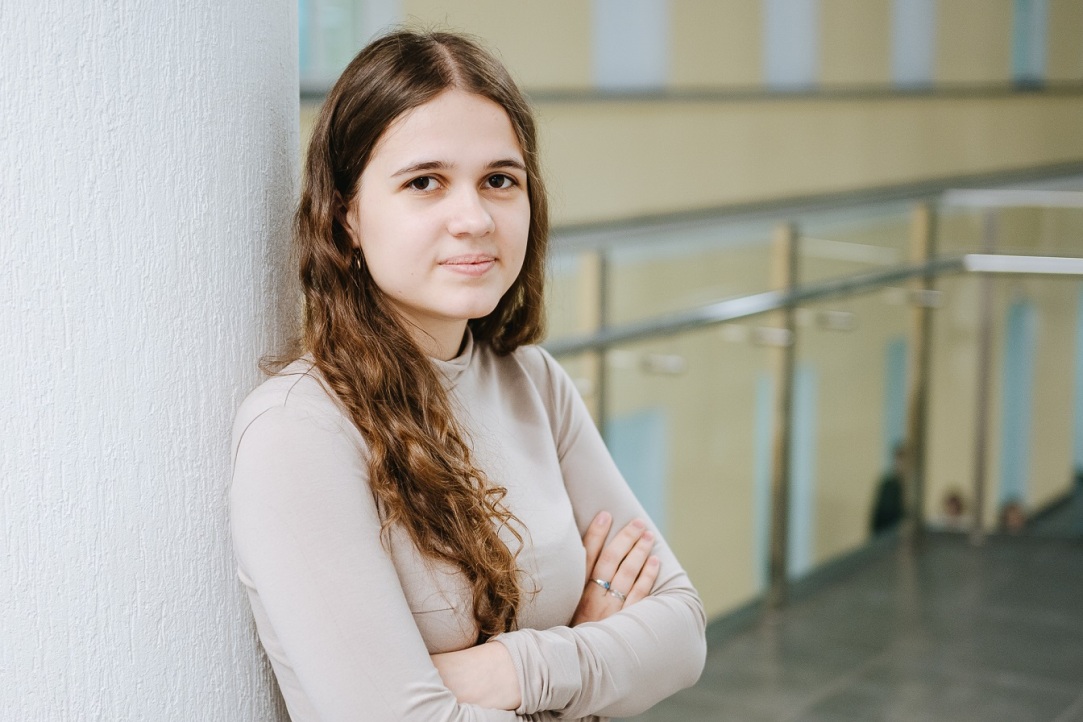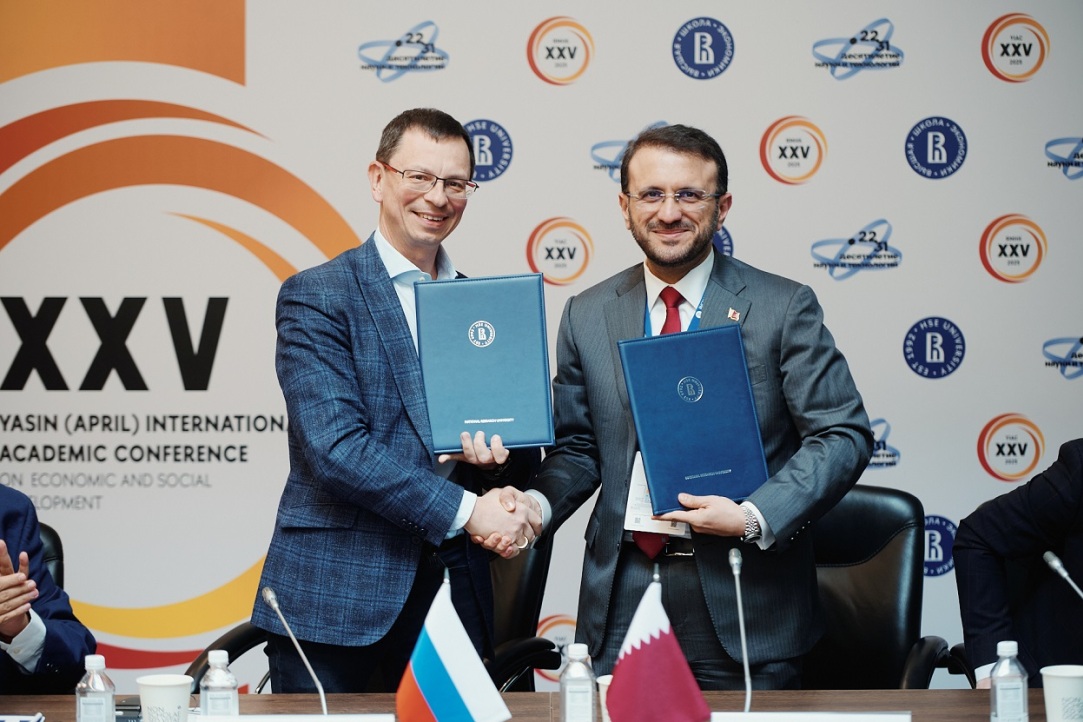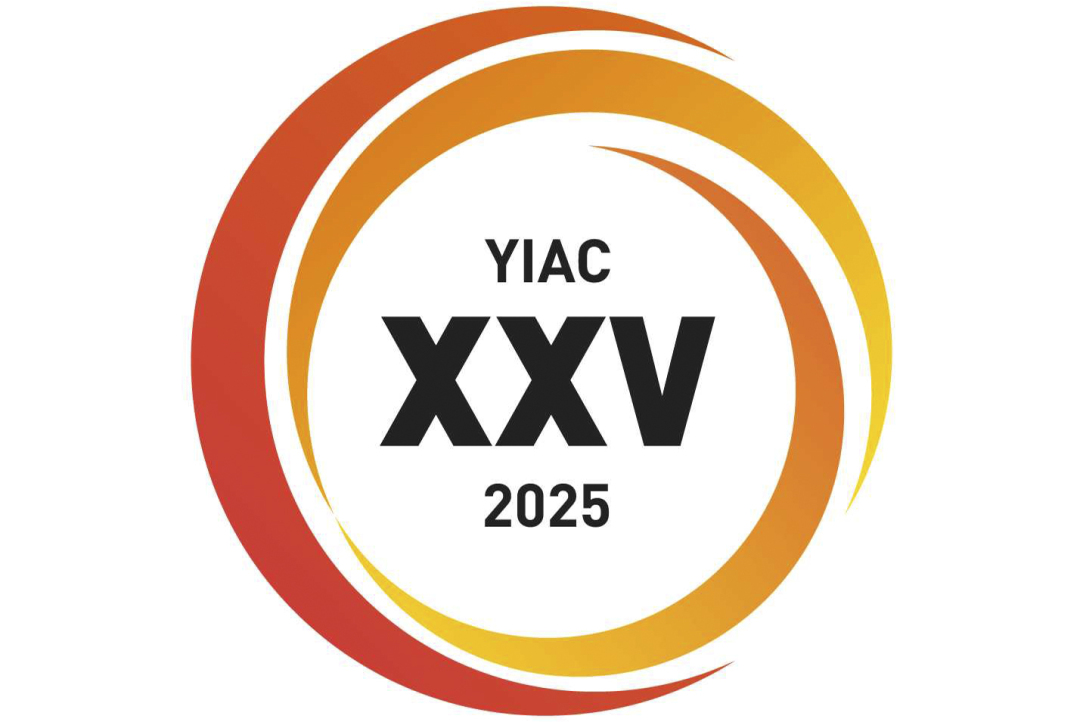
Trends, Risks, and Opportunities in Bank Lending Discussed at ICEF
On March 26, the 14th Research Seminar on Economic Studies, titled ‘Bank Lending: Trends, Risks, and New Opportunities,’ was held at HSE ICEF. The seminar gathered participants from Russian banks and professors from leading universities in Russia, the US, China, and the Netherlands. Key topics included the development of the banking sector, environmental factors in lending, the impact of managerial competencies on loan quality, prudential regulation and financial stability, and credit risks and strategies.

‘The World Is Becoming More Complex and Less Predictable’: What Scientists Say about the Future
The future is now more difficult for researchers to forecast, and events that are hard to predict are playing an increasingly significant role. But there is good news too: scientists are confident that humanity will adapt to any changes. This was the focus of discussion at the International Symposium ‘Foresight in a Rapidly Changing World,’ which took place as part of the 25th Yasin (April) International Academic Conference.

AI Oracle: Which Trends Interest Business
Every day, modern technologies change the world by automating business processes in various industries. Specialists from HSE University have presented the extensive experience of the iFora team in implementing AI projects for the benefit of large companies and governments.

Fragmentation and Bloc Formation: How the Global Economy is Changing
Sergey Dubinin, former head of the Bank of Russia and Professor of Finance and Credit at the Faculty of Economics at Moscow State University, has delivered an honorary address at the XXV Yasin (April) International Academic Conference. He spoke about the transformation of the global monetary and financial system, as well as the Russian economy.

Scientists Propose Novel Theory on Origin of Genetic Code
Alan Herbert, Scientific Supervisor of the HSE International Laboratory of Bioinformatics, has put forward a new explanation for one of biology's enduring mysteries—the origin of the genetic code. According to his publication in Biology Letters, the contemporary genetic code may have originated from self-organising molecular complexes known as ‘tinkers.’ The author presents this novel hypothesis based on an analysis of secondary DNA structures using the AlphaFold 3 neural network.

'When Driven by Your Own Genuine Interest, You Will Dedicate More Time, Attention, and Energy to Your Scientific Work'
Polina Osipova initially studied law before shifting her focus to the sociology of law and sports. Alongside her academic work, she is also involved in organisational activities. In this interview with the HSE Young Scientists project, she discusses her expeditions to North Ossetia, Moral Time by Donald Black, and the Gavrikov Ponds in Southern Butovo.

More Children, More Happiness: HSE Experts Study Impact of Number of Children on Russians' Assessment of Happiness
Russians with children feel happier than those without children. At the same time, the number of children influences the assessment of happiness: the more children Russians have, the happier they feel. These conclusions were outlined inthe report ‘More Children, More Happiness: The Impact of the Number of Children on Russians’ Assessment of Happiness,’ presented at the XXV Yasin (April) International Academic Conference on Economic and Social Development, held on April 15–18 at HSE University. The study was conducted by Elena Churilova, Senior Research Fellow, and Dmitry Jdanov, Chief Research Fellowat HSE International Laboratory for Population and Health.

HSE Expands Cooperation with Gulf Countries
HSE University and the Centre for International Policy Research (Qatar) have agreed to collaborate in the field of social sciences, with plans for joint research, academic exchanges, and regular expert engagement. The agreement was signed during the roundtable ‘State Capacity and State Resilience in the Global South,’ held as part of the 25th Yasin (April) International Academic Conference at HSE University.

‘We Grow Old before We Become Rich’: How BRICS Countries Can Achieve Economic Growth
Due to population aging, many countries aiming for economic prosperity have limited time left to undergo economic transformation, according to the honorary report Narratives Versus Reality on Employment and Demography: How Undermining Institutions Can Push Countries Out of the ‘Narrow Corridor’ by Santosh Mehrotra of the University of Bath. The report was presented at the XXV Yasin (April) International Academic Conference.

XXV Yasin (April) Academic Conference Kicks Off at HSE University
The anniversary 25th Yasin (April) International Academic Conference on Economic and Social Development will take place from April 15 to 18. This year, over a thousand applications were submitted to present at the conference, of which the Programme Committee selected 381 of the best research papers in their respective fields.

